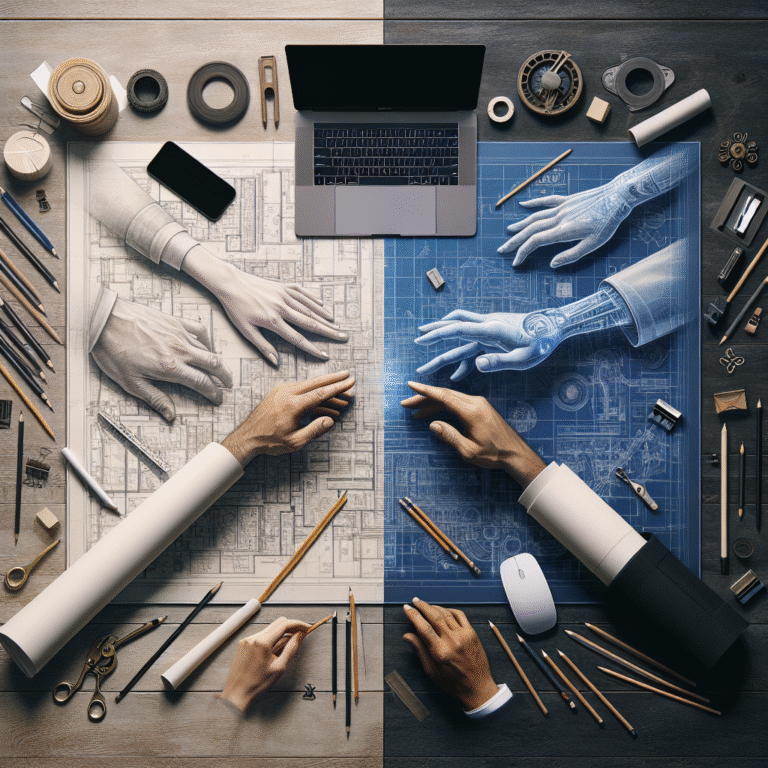Artificial Intelligence is rapidly advancing in fields previously dominated by human expertise, and architecture is no exception. As technology progresses, computers and software are increasingly able to automate tasks that once required significant manual labor and creative decision-making from professionals in architecture.
A Yale expert suggests that Artificial Intelligence could fundamentally transform the architectural profession by automating various processes such as drafting, conceptual design, and analysis. This shift could enable architects to focus more on higher-level creative and strategic challenges while relying on technology to handle routine or repetitive aspects of their work. The integration of Artificial Intelligence in everyday practice is likely to require architects to acquire new technical skills and adapt to evolving workflows within the industry.
While some fear that technology may displace traditional architectural roles, the expert emphasizes that Artificial Intelligence can also be a tool for greater innovation and efficiency. By offloading some of the more tedious or computationally intensive tasks to machines, architects could spend more time on design thinking, client collaboration, and sustainability analysis. The profession stands at a crossroads, where adaptation will be key to leveraging these emerging technologies while maintaining the uniquely human aspects of architectural creativity and judgment.

